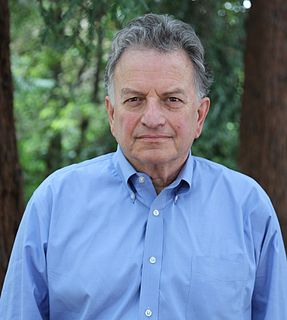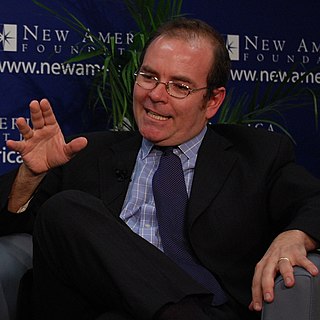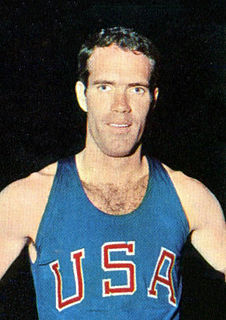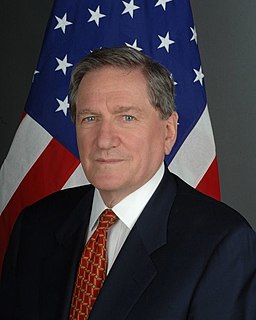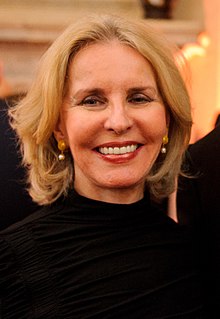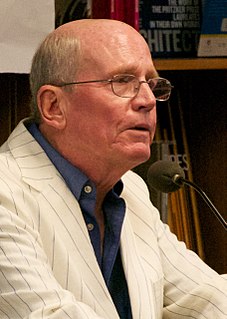A Quote by Lowell Bergman
There has always been tension between reporters and the administration, particularly when it comes to war in the modern era. You can go to Kennedy or Johnson and see that they weren't happy with David Halberstam or Morley Safer.
Related Quotes
Officials and journalists live in parallel but separate realities; they see and talk to each other, may have a meal and gossip together, but their worlds never touch, because officials use words that don't mean what they say, while for those reporters in Vietnam - Halberstam, Peter Arnett, Morley Safer, and others - words were vessels of reality.
Kennedy was significantly different than Eisenhower before him, and different from Johnson after him. So those three years were the beginning of a détente with the Soviet Union, a new feeling for peace, a seeking out of a new ally with the Soviet Union - the end of the Cold War, as Kennedy called it in his American University speech.
Suddenly that it was as dangerous to be in America as it was to be overseas. So that the false distinction that's made by the anti-war movement between being over there and over here was exposed for all to see as an illusion. Although a number of people, a large amount of people still share in it. In other words, when I've been in Iraq or Afghanistan, I've probably been safer because I can carry a weapon if I have to, than my wife and daughter are living in Washington.
We have to remember that literally within months after Castro's taking office the planes from Florida were beginning to bomb Cuba. Within a year, the Eisenhower administration secretly, but formally, decided to overthrow the government. Then came the Bay of Pigs invasion. The Kennedy administration was furious about the failure of the invasion and immediately launched a major terrorist war and economic war that got harsher through the years. Under these conditions it is kind of amazing that Cuba survived.
How would you describe the difference between modern war and modern industry-between say, bombing and strip mining, or between chemical warfare and chemical manufacturing? The difference seems to be only that in war the victimization of humans is directly intentional and in industry it is "accepted" as a "trade-off." Were the catastrophes of Love Canal, Bhopal, Chernobyl, and the Exxon Valdez episodes of war or of peace? They were in fact, peacetime acts of aggression, intentional to the extent that the risks were known and ignored.
